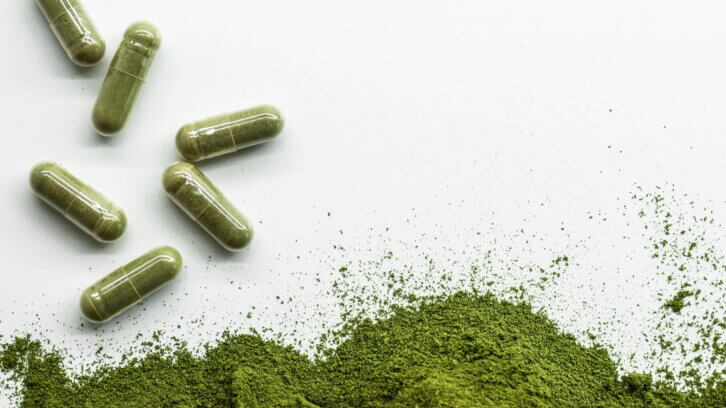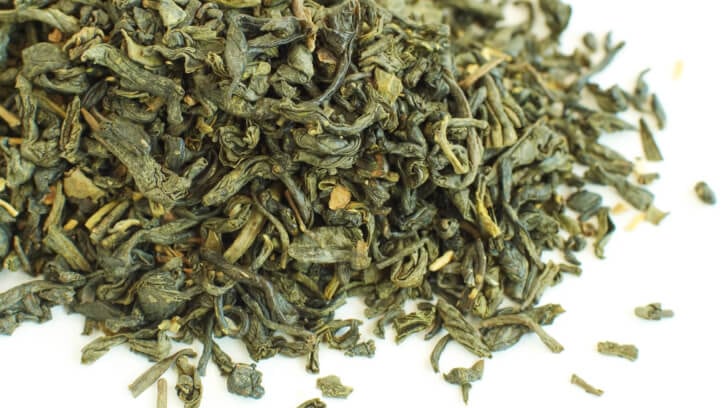“Our findings underlined that GTE supplementation has potential anti-obesity properties in both anthropometrical and hormonal aspects,” a team of Iranian researchers wrote in the British Journal of Nutrition. “Although these favorable effects of GTE supplementation were clinically small, coaches and nutritionists could recommend moderate consumption of GTE in athletes and patients with obesity as a part of their lifestyle modification interventions.”
Led by the Tehran University of Medical Sciences, the review reported findings from a meta-analysis of 59 eligible studies involving 3,802 participants identified through a search of the PubMed, ISI Web of Science and Scopus database through July 2022.
Green tea and obesity
More than 1 billion people have obesity—650 million adults, 340 million adolescents and 39 million children, according to the World Health Organization, which estimates that approximately 167 million adults and children will become less healthy because they are overweight or obese by 2025.
As the Iranian research team noted, "obesity-associated comorbidities are complicatedly linked with an expansion in reactive oxygen species (ROS) and consequent oxidative stress, which grounds a state of redox imbalance” and “generates an inflammatory milieu influencing metabolic pathways, which can advance impaired physiological functions”. In this context, the review, proposed green tea extracts—rich in polyphenols like EGCG and other catechins with potent antioxidant and anti-inflammatory properties—as part of a multimodal approach to increase the activity of antioxidant enzymes to protect the body against the various oxidative stress and inflammation-associated diseases.
“Research indicates that green tea extract (GTE) supplementation is beneficial for a range of conditions, including several forms of cancer, cardiovascular, and liver diseases; nevertheless, the existing evidence addressing its effects on body composition, oxidative stress, and obesity-related hormones is inconclusive,” the researchers wrote.
Updating the findings
To resolve these discrepancies in results reported across studies, this latest review and analysis aimed to investigate the effects of GTE supplementation on body composition (body mass [BM], body fat percentage [BFP], fat mass [FM], body mass index [BMI], waist circumference [WC]), obesity-related hormones (leptin, adiponectin and ghrelin) and oxidative stress (malondialdehyde [MDA], and total antioxidant capacity [TAC]) markers in adults.
The researchers contrasted their methodology and findings with prior meta-analytic works by Rasaei et al. and Lin et al., which reported the effects of GTE supplementation on antioxidant status and obesity, respectively. They pointed to the significantly higher number of studies included in their meta-analysis and the addition of more accurate obesity-related markers (BFP and FM); hormones that regulated appetite (leptin and ghrelin); and variables indirectly related to antioxidant defiance (CRP and adiponectin).
“[T]his systematic review and meta-analysis highlighted that GTE supplementation significantly decreased BM, BMI, BFP, and MDA, while increasing TAC and adiponectin,” the study concluded. “However, it had no significant effect on FM, WC, leptin, and ghrelin. An optimal dose of GTE can alleviate cardio-metabolic risk factors in the present study.”
In addition, a subgroup analysis revealed only minor gender and age differences but reported a novel finding that body composition variables (BM, BMI, FM and BFP) significantly decreased in participants under the age of 50 compared to older adults that they associated with lower basal metabolic rates that decrease with age. It also showed that a dose below 1000 mg/d appeared to be sufficient for the health effects attributed to green tea.
Source: British Journal of Nutrition
“The effects of green tea extract supplementation on body composition, obesity-related hormones, and oxidative stress markers: A grade-assessed systematic review and dose-response meta-analysis of randomized controlled trials”
doi: doi.org/10.1017/S000711452300260X
Author: Omid Asbaghi et al.



